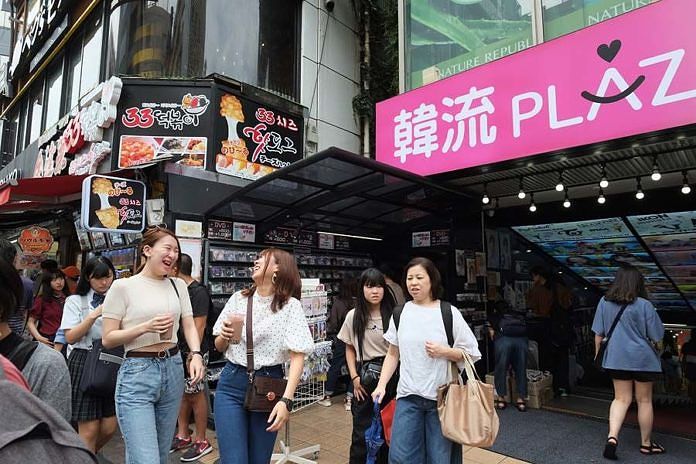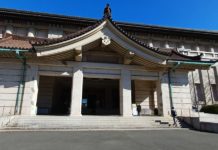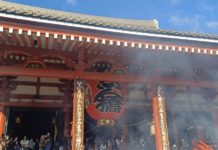
TOKYO, BALIPOST.com – In the “little Seoul” area of Tokyo, Japanese shoppers flock to get their fix of K-pop and Korean face cream, seemingly shrugging off a deep freeze in Japan-South Korean ties.
Visitors to Shin-Okubo could be forgiven for thinking they had stumbled into a district in Seoul, with rows of restaurants serving kimchi and music shops selling the latest K-pop hits from BTS or Wanna One.
And in contrast to South Korea where anger over a deterioration in bilateral ties has sparked consumer boycotts of Japanese goods, it seems it takes more than a political spat to put off avid fans of Korean products.
“I love everything, K-pop, the food, the clothes. I would also like the two countries to make up,” said Anna Kaneko, a 19-year-old student making one of her regular trips to Shin-Okubo with a friend.
The latest row is deeply rooted in the bloody history between the two, particularly Tokyo’s occupation of the peninsula as a colony, during which hundreds of thousands were forced to come to Japan as labour and women forced into brothels as wartime sex slaves.
Koreans remaining in Japan after Tokyo’s defeat in World War II suffered discrimination and hardship and several exist to this day in a grey zone in terms of citizenship.
The diplomatic friction has culminated in tit-for-tat trade restrictions and the scrapping of a military information-sharing pact between the two — alarming the United States which has security treaties with both.
Bae Cheo-leun, who runs an organisation bringing together South Koreans in Japan, admitted that a few years ago “hate speech” against Koreans could be heard in the streets around Shin-Okubo but this has not been the case during the most recent row.
“There was a law brought in to prevent it which has proved effective, even though there is no real punishment,” Bae told AFP. (AFP)












